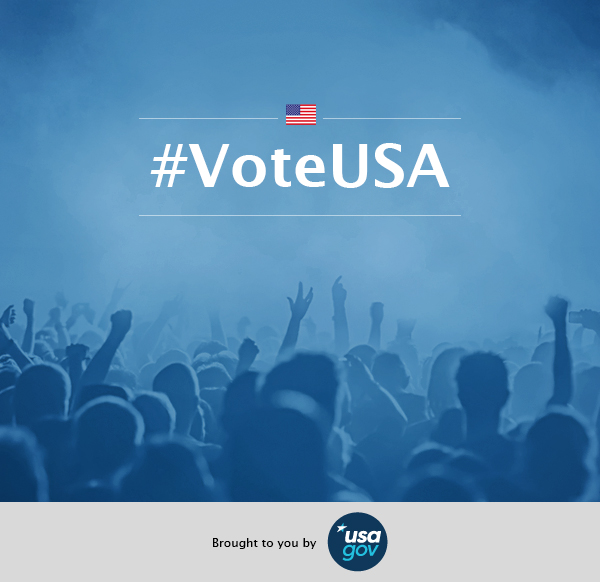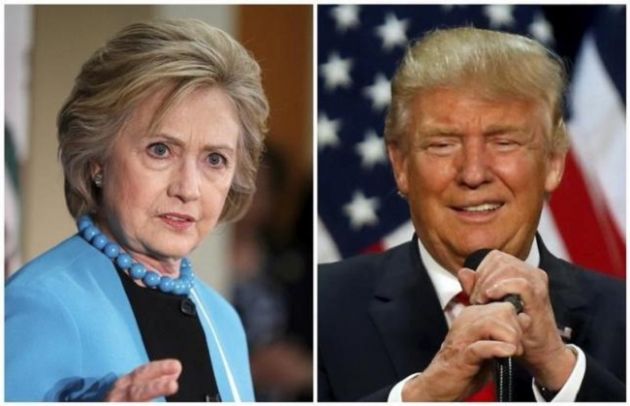Faith and ideology of Trump and Clinton supporters surveyed

Despite the tightness of the battle for the U.S. presidency between Donald Trump and Hillary Clinton each candidate perhaps unsurprisingly is drawing a very different segment of voters pointing to a divided USA a new survey show.
Clinton, the Democratic Party contender and Trump for the Republicans are each drawing a very different segment of voters, a new study by Barna indicates helping explain how split the United States is in its vision for the future.
The poll was conducted before the Hillary Clinton attacked her rival in her first rally since a leaked video showed Trump involved in obscence bragging about sexual assault and exploits sent his campaign into freefall.
All the while, polling released on Oct. 10, the day after their bruising television debate, showed Clinton gaining a double-digit lead over Trump, The Guardian newspaper reported.
After evaluating the support patterns associated with each of the major-party candidates, George Barna, special analyst for the 2016 election polling notes that at this point in the campaign Clinton has a distinct advantage over Trump.
"Each of the candidates has a variety of voter segments for which they are the preferred option. But when you examine the size and nature of those segments, Clinton has a clear advantage," Barna explains.
WINNING AMONG MODERATES
"Notice that while Trump handily wins the conservative vote, and Clinton handily wins the liberal vote, she also triumphs among moderates. Although there are more conservatives than liberals among U.S. voters, that difference is not enough to eclipse the benefit she receives from winning among moderates.
"In addition, Clinton wins the liberal vote by a larger margin than Trump wins the conservative vote, further dampening his potential advantage."
Not surprisingly, the Republican candidate has won over a majority of the typically right-leaning faith segments.
That includes evangelicals (among whom he holds a 55 percent to 2 percent lead over Clinton); non-evangelical born again Christians (he has a 49 percent to 31 percent lead among them).
Trump leads those who attend a Protestant church (47 percent to 32 percent lead); adults who claim to have a biblical worldview (57 percent to 30 percent margin).
Among people who believe that absolute moral truth exists there is 48 percent to 37 percent preference for Trump; and those who consider themselves to be theologically conservative (60 percent for Trump, 28 percent for Clinton).
The new Barna survey of 1,023 adults, which included 627 likely voters, identified 16 distinct voter segments that are poised to vote for Trump.
Those segments range from large in number to a relatively small niche, but they share a conservative view of politics and a common notion of the appropriate direction for the nation to pursue.
